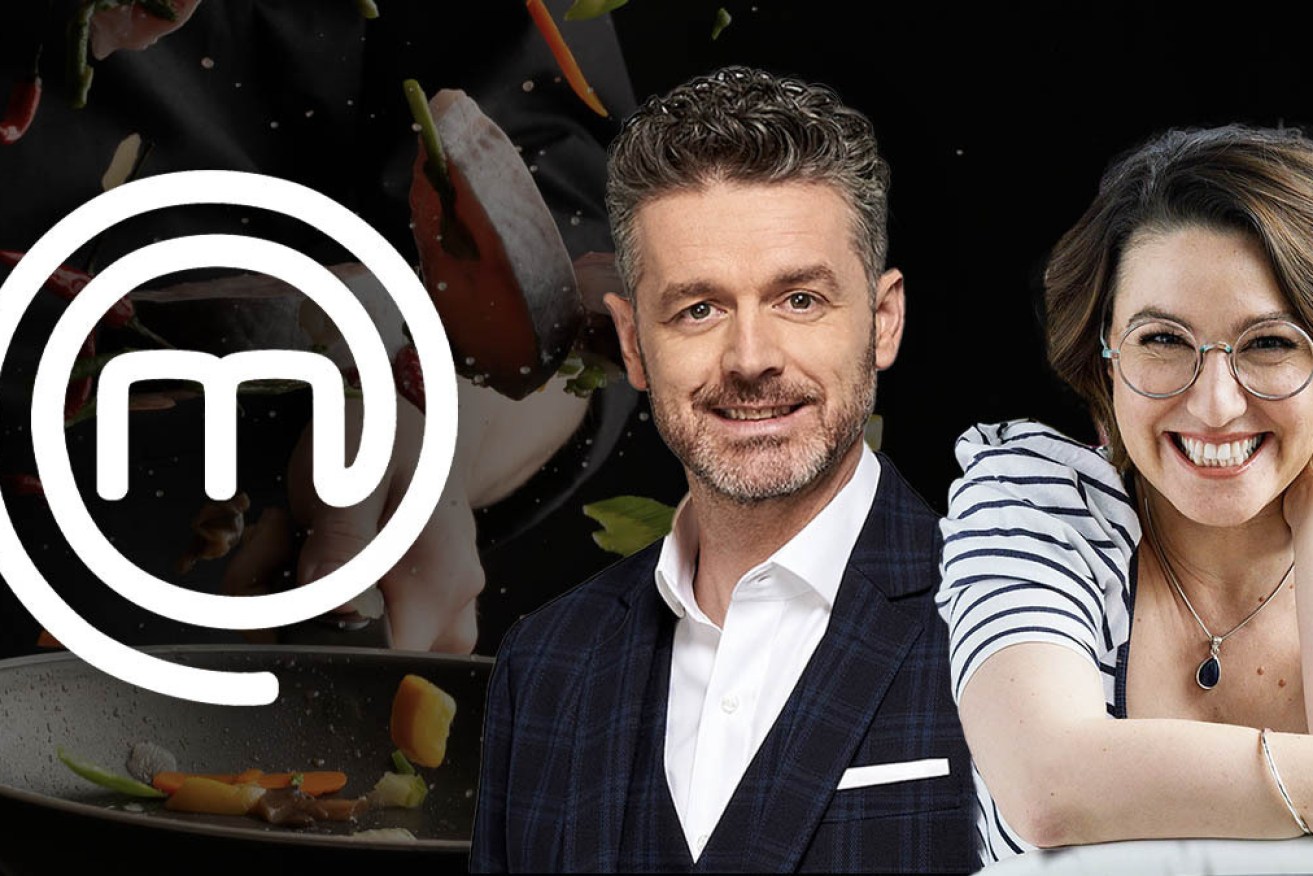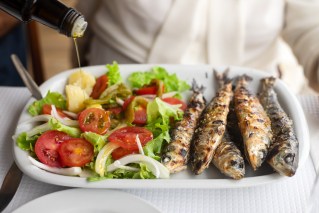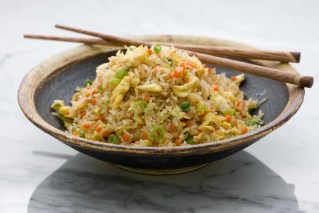As MasterChef returns, this is how the show has changed the way Australia eats


Home cooks have learnt many lessons from MasterChef. Photo: Getty/Network 10/Alice Zaslavsky
It’s been on our screens for more than a decade, and you’d be hard-pressed to find someone who hasn’t sat down to indulge in an episode of MasterChef Australia.
With the competitive cooking show’s 13th season about to air, it remains one of the highest-rated programs on domestic free-to-air television.
So just how much of MasterChef has Australia absorbed, and have the 12 years spent watching contestants whip up mouthwatering dishes turned us all into foodies?
MasterChef judge and Scottish celebrity chef Jock Zonfrillo didn’t fully comprehend the influence the show has had on Australians’ attitudes to food until he began talking to people.
“The impact of MasterChef here in Australia has been so important to home cooks especially,” Zonfrillo told The New Daily.
From tips on how to spice up Sunday night staples, to demonstrations on how to completely botch your risotto, the long-running series encouraged us to approach cooking with creativity.
Doing it for the kids
With its competitive, game-style format, MasterChef has spawned a series of spin-offs that have made gourmet cooking entertaining and accessible to all.
Between MasterChef Australia All-Stars, Celebrity MasterChef, MasterChef: The Professionals and the youth-focused Junior MasterChef, the culinary empire often rakes in more than a million viewers per episode.
And few have been as captivated and inspired as the show’s younger audiences.
If you want to see ‘the MasterChef effect’ in action, look no further than the generation of kids who have been brought up watching it.
“It’s a show that so many people relate to, and watch with their family – it’s really a family show,” Zonfrillo said.
Food critic and MasterChef season four favourite Alice Zaslavsky agreed, and said the show’s lingo has even seeped into our everyday vernacular.
“MasterChef and shows like it have completely changed our attitude to gourmet cooking, not just our attitude, but our language, with words like hero-ing and plating up,” Zaslavsky told The New Daily.
“The effect it’s had on children is the strongest – the calibre of the children’s cooking [in the 2020 season of Junior MasterChef] is another level again on seasons one and two, because these kids grew up on MasterChef.
“Families watch these shows and it’s the kids who benefit most from the inspiration they get.”
You’d be inclined to think parents, tired of coming home and cooking each night for the family, have struck gold if their child shows an interest in expanding their skills in the kitchen.
But it’s the mini-chefs themselves who are unknowingly setting themselves up for future success.
Studies conducted in the US prove that children who cook are more likely to develop healthier dietary habits and consume more fruits and vegetables than kids who can’t cook.
The drama of it all
In addition to introducing us to the theatrics of cooking (early seasons championed the blowtorch, but today it’s all about smoke machines and hibachi grills), Zonfrillo and Zaslavsky pointed out that MasterChef has also had a hand in educating us on culinary diversity.
Some of the most memorable dishes in the show’s history have featured contestants’ calling back to their cultural roots, and adding modern twists to ancient recipes passed down through the generations.
“We have so many different cultures here in Australia, and so many different types of cuisine – it’s as much about learning about the cultures as it is about the food,” Zonfrillo said.
“A lot of people use food as a way of reconnecting to a culture that might have lost if they’re second generation or third generation,” Zaslavsky added.
The cultural diversity displayed on the show introduces viewers to new techniques, obscure ingredients and innovative dishes that many of us wouldn’t otherwise have access too.
“Anytime that MasterChef Australia uses a new ingredient, it sells out at supermarkets,” Zaslavsky said.
“You see the price of beef cheek, for example, grew from being seen as a real secondary cut to being seen as real boujee.”
In the years since its 2009 premiere, sales for exotic and unusual ingredients have been directly linked to specific episodes as the season progresses.
In 2010, Coles General Manager Corporate Affairs, Robert Hadler, said the chain noticed a 480 per cent increase in diced pork, and a 200 per cent increase in rib roasts immediately following episodes of MasterChef that featured those products.
Anecdotally, many past contestants and fans alike credit the series with expanding their palates and allowing them to explore new skills and techniques.
With the upcoming season around the corner, Zonfrillo promises viewers will be treated to an especially diverse cast, “both culturally and from a career perspective”.
While he remains tight-lipped on what contestants have coming, another season of MasterChef is all but guaranteed to inspire the rest of us to spice things up at home.
MasterChef Australia season 13 debuts on Monday at 7.30pm on 10.








